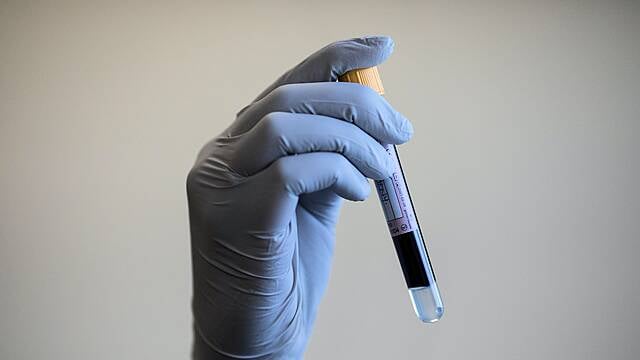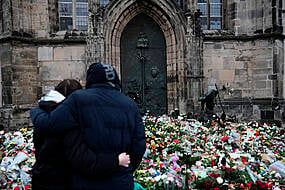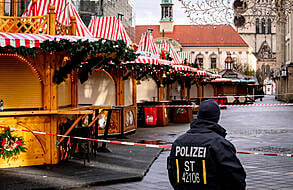A better understanding of antibody responses against Sars-CoV-2, the virus that causes Covid-19, will provide fundamental information for developing effective treatments and a preventive vaccine, experts say.
In the study researchers monitored Sars-CoV-2-specific antibody responses in 19 non-severe and seven severe Covid-19 patients for seven weeks from disease onset.
They found that most patients generated antibody responses against Sars-CoV-2.
According to the study published in PLOS Pathogens, although 80.7% of recovered Covid-19 patients had varying levels of antibody neutralisation activity against Sars-CoV-2, only a small portion elicited a potent level of neutralisation activity.
Understanding the adaptive responses where the body makes antibodies that specifically bind to the Sars-CoV-2 among Covid-19 patients provides fundamental information
Researchers say this highlights the importance of carefully selecting blood samples from recovered patients using antibody neutralisation assays prior to transfusion into other Covid-19 patients.
The study indicates that three to four weeks after hospital discharge, the neutralising activity of antibodies from recovered patients declined significantly.
The authors from Nanjing University Medical School in China say: “The world is facing an unprecedented challenge with communities and economies affected by the growing pandemic of coronavirus disease 2019 (Covid-19).”
The authors add: “The development of antibody response to Sars-CoV-2, the virus that causes Covid-19, started to be reported but remained largely elusive.
“Understanding the adaptive responses where the body makes antibodies that specifically bind to the Sars-CoV-2 among Covid-19 patients provides fundamental information for developing effective treatment and preventive vaccine.”
Danny Altmann, professor of immunology at Imperial College London, and British Society for Immunology spokesman, said: “After the initial publications about Sars-CoV-2 antibody assays and levels, important papers are starting to emerge which look at specificity and durability of the response in more detail.
“Studies like this are a vital part of the ‘work-in-progress’ to make sense of who has immunity and how long for.
“This paper makes a number of points: the gold-standard in assessing the antibody response to a virus is measuring ability to neutralise the entry of virus into cells, although this is not one of the routinely available tests.
“Most convalescent patients show this response, though, importantly, 20% do not. Also, this antibody level declines in most people by the time of their follow-up appointment a month later.
“Once again, evidence shows that the half-life of these antibodies in the blood is not particularly sustained.
“We don’t know to what extent this is bad news unless we know the extent to which the white blood cells that make the antibody (B cells) are up and ready to defend against any repeat attack.”







